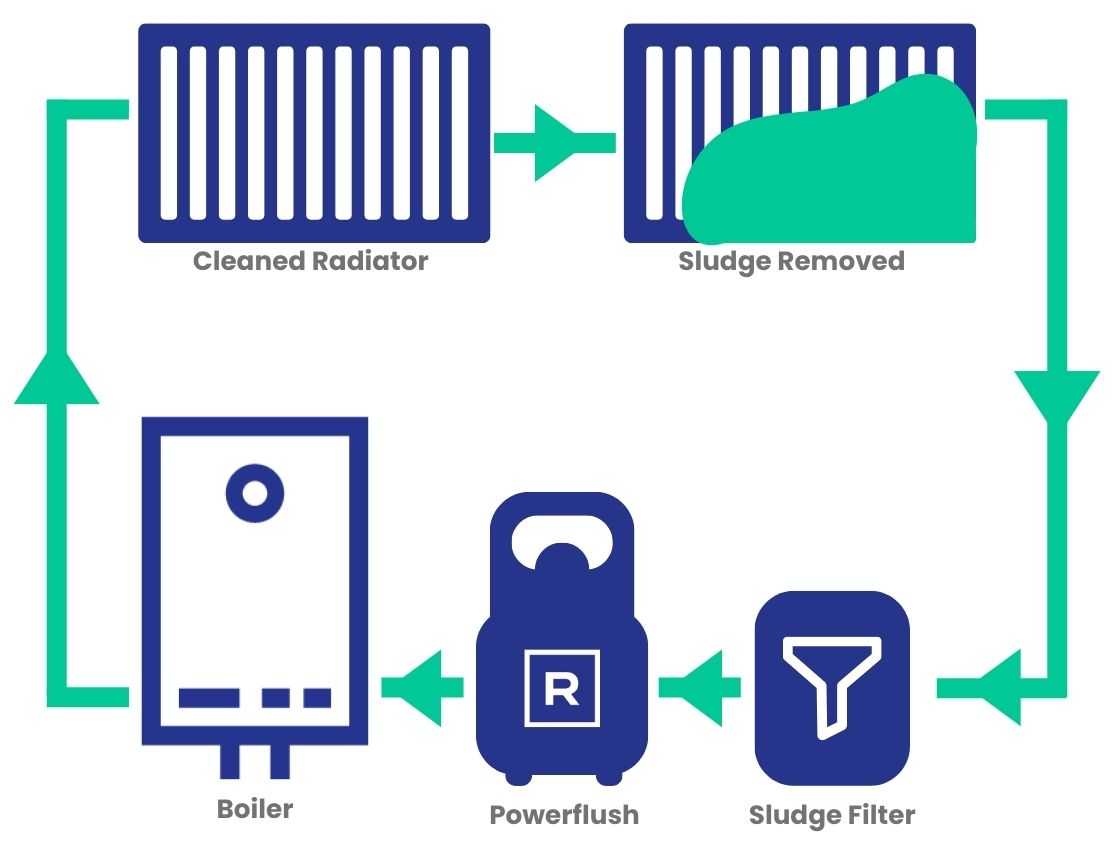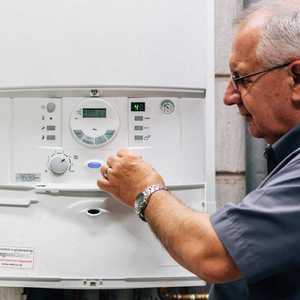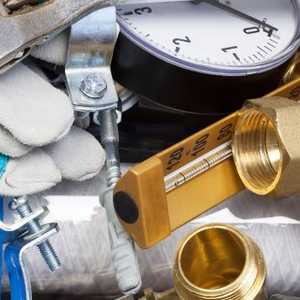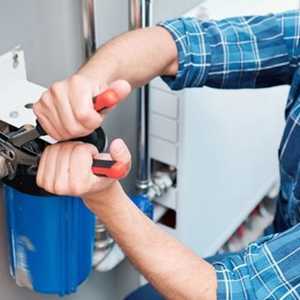Central Heating Powerflush: All Your Questions Answered
When your central heating system is underperforming, it might be time for a Powerflush. Get the answers to the most common Powerflush questions in our latest blog

Now that the autumn is here and boiler switch on time is just around the corner, making sure that your boiler and central system are clean and functioning properly is crucial.
Of course, if you haven't had your boiler service yet, there is no time to delay it. But sometimes a boiler service might find your boiler and central heating system are underperforming due to a build up of sludge, rust and debris. If left untreated, this build up can cause breakdowns and some significant damage.
To ensure your radiators will be keeping you toasty warm throughout the cold winter, your engineer might advise a Powerflush is necessary.
A Powerflush is essentially a deep-cleanse for your heating system. Only certified engineers can perform a Powerflush, as it requires a specialist machine, which releases a chemical in your radiators and pipes, using high pressure. This flushes out any potentially damaging build up and lets clean water flow through the system, ensuring a longer life for your boiler.
The answer to this question will depend entirely on your heating system. Smaller systems with only a handful of radiators can take anywhere from 4 to 8 hours, and a bigger central heating system might even require days.
The price of a Powerflush will vary according to location, and how big the heating system is, as some complicated systems can take over a day to flush. Though the typical cost of a Powerflush might seem like quite a lot, it is only required once every few years to clean the system.
A central heating Powerflush is a big job, so it's not a surprise you might be doubting whether one is necessary, even if it was recommended by your gas engineer. Surely, you could save up some money and just bleed the radiators yourself, right? Well, not quite!
While bleeding the radiators will certainly get rid of some debris and sludge, a lot of the build up will be stuck to the inside walls of your radiator. This is why you need a specialist chemical and a high-pressure flush to break it!
The benefits of a Powerflush for your heating and comfort are numerous:
- Lowered energy bills.
- Improved central heating system and lower chance of a boiler breakdown.
- Radiators warm up quicker and are more energy efficient.
- Loud and unpleasant noises are extinguished
Only a certified Gas Safe engineer can determine whether your system needs a Powerflush and it should only be performed by professionals. However, here are some telltale signs that it's time to flush the radiators:
- You notice cold spots around the bottom of your radiators.
- Your boiler and radiators are making strange noises.
- Your radiators are leaking and breaking down frequently.
- You see no benefit from bleeding your radiators.
- The water coming out of the radiators when you bleed them is dirty and discoloured.
- The pipes leading to your radiators are hot but the radiators are cold.
Under no circumstances should you attempt to powerflush radiators on your own. Not only is special equipment required but engineers undergo Gas Safety training in order to perform this complicated job.
For a peace of mind, book your Powerflush with Rightio - all our engineers are professionally vetted, Gas Safe registered and have at least 5 years of tracked experience.

Related advice
There are plenty of actions you can take to help keep your home in check. Take a look here for the latest guides, advice and tips from our experts!
View our latest advice







